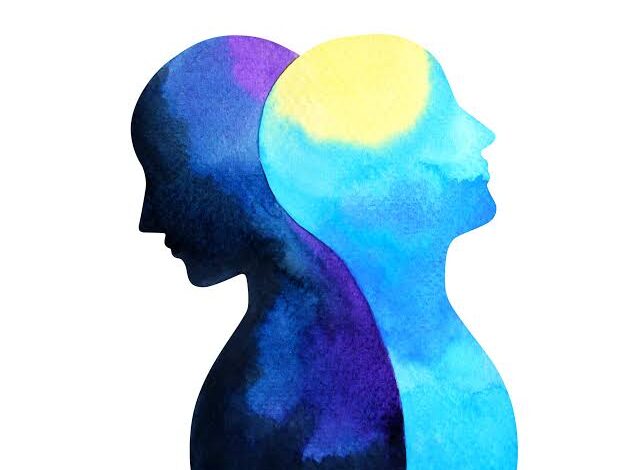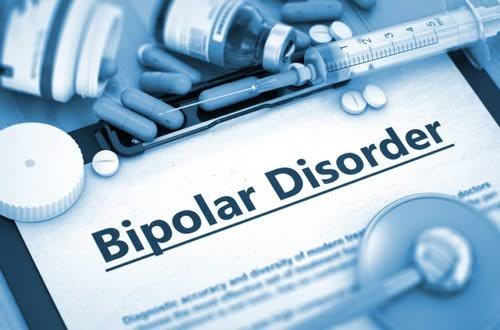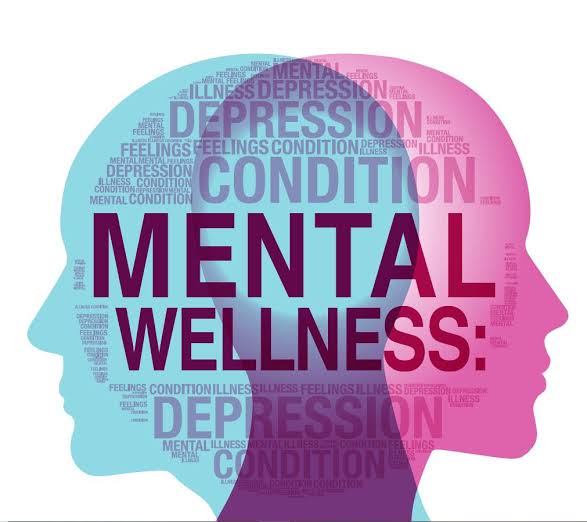
Guest Writer
I feel like in matters mental health, depression is the cool kid who gets all the attention. His younger, serious brother is more result-oriented, likes to work in quiet and shuns the limelight.
Let’s force him into the limelight today, because we cannot fight an enemy we do not know. Say hello to bipolar disorder everyone.
The name bipolar is indicative of what it is. It is a lifelong partnership of two mental conditions: anxiety and depression. Sometimes the anxiety is also called mania.
Depression is usually the first symptom. Mania comes in the next attack alone or coupled with depression.
Mania is described as at least a 1-week period of a continuously elevated or irritable mood, although
shorter durations of symptoms are considered.

In addition to elevated mood, there could be:
•Elevated self-esteem or grandiose ideations.
•Reduced need for sleep.
•Pressured speech.
•Racing thoughts or flight of ideas.
•Being easily distracted.
•Physical agitation.
•Excessive involvement in high-risk activities.
Caveat: not all these symptoms have to occur, but medics say at least three must be present.
You see, unlike infectious diseases where some body part hurts, mental conditions are physically imperceptible. Therefore, the only way to know if someone is sick is to know the symptoms.
In this case, the symptoms comprise a behavior change. Once someone knows that they are sick, they can seek medical advice. But if you don’t know that you are sick, you will never seek help.

Why is it dangerous not to seek help? Short answer is because bipolar can be lethal. Fatal. Suicide rates are as high as 50 per cent.
Treatment is what allows people to lead a normal life. There’s medication and therapy to take care of that. It works.
Two other potent issues surrounding bipolar disorder is substance abuse and stigma. Both thrive in bipolar disorder. Both can stifle treatment attempts.
This is a disease of chemical imbalance in the brain, so the stigma really has no footing. It is a disease like any other. If left untreated, it will run its natural course which ends in death. A preventable death. Let’s stop it before it happens. What are we waiting for?
This article was written by Dr. Dennis Were. He is a pharmacist, writer and editor at Health Anchor Magazine. Twitter @DennisNobleman





Recent Comments